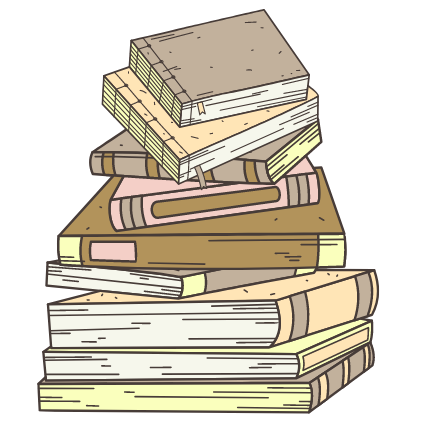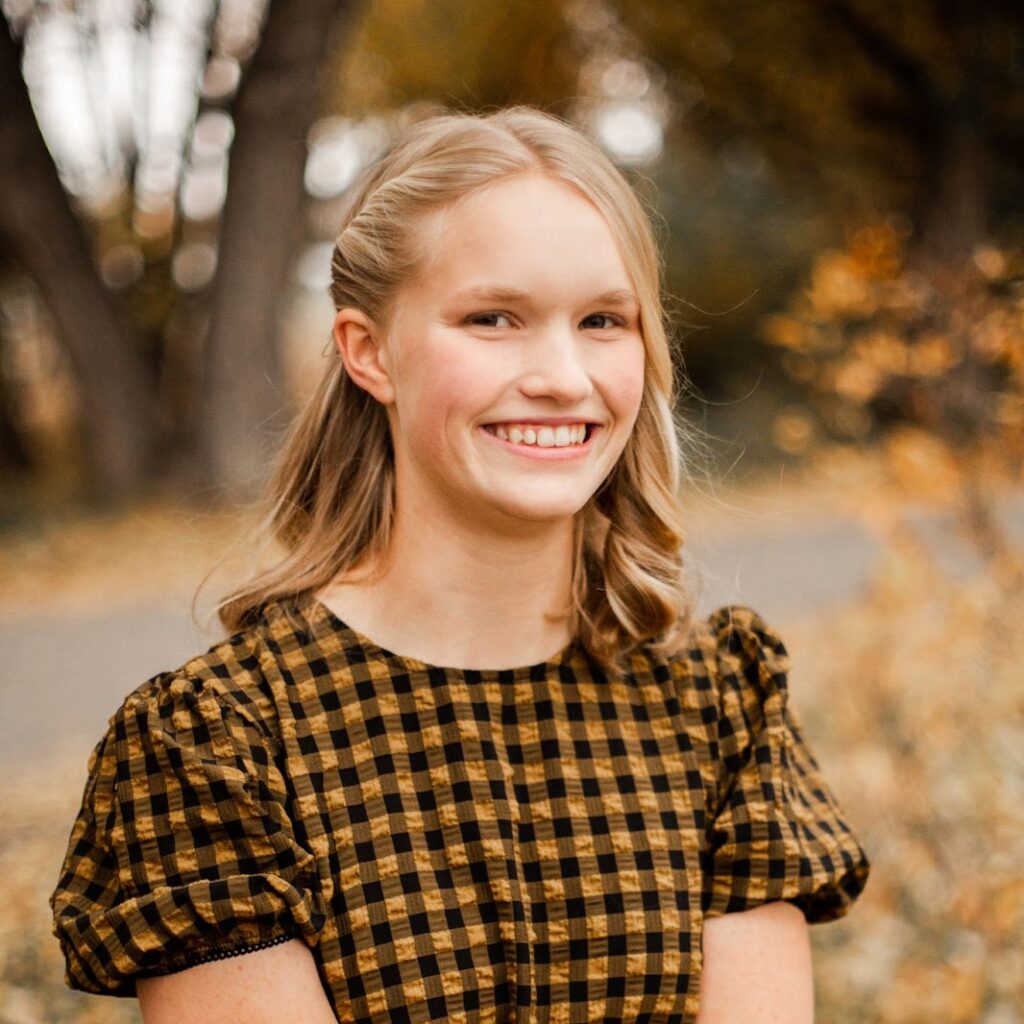
I Finished My Story. What Now?
Okay writers, you’ve pushed through when motivation ran dry. For days, weeks, even months, you’ve been slowly adding to your story. Word by word, sentence by sentence, typo by typo, cup of tea by cup of tea. Now, you’ve typed the words “The End.” A story has been finished! It may be messy, but you have finished writing a story. Cheers to you!
But what do you do now?
I spent the summer outlining my ghost story, and then I spent part of fall writing it out. Now, I’ve finished that story! With the ending actually typed out now, I’m partly sad to say goodbye to this project for a little bit, and partly happy that it is done. I’m so excited to see where this story takes me in the alpha reading and editing stages later!
This week, we’re going to talk all about what comes after finishing a story.
Cleaning Things Up
One thing I do before I embark on editing adventures is set my project to the side for a month or two. While one project is sitting, I’ll work on another writing project. Letting one project sit for a bit can give you space from that story. Later on, you can return to it with a fresh pair of eyes.
Before I set my project to the side, though, I like to write down my initial thoughts about the story. Take this scene out. Figure out something different here, peach jam is not the solution! I don’t implement these ideas, but writing them down can help a lot for future editing.
One thing I did during the writing of this draft was completely forget every side character’s name. *facedesks* I would write down a side character, and when they reappeared later, I didn’t want to waste time scrolling back and trying to find their name. I used these handy dandy brackets: [ ] instead. The brackets are just a little note to myself when I go back and clean things up. Because of this, I have characters who are referred to as [the orchestra lady] or [crazy uncle].
Now that the writing insanity is done, I need to replace these brackets with their actual names, just cleaning it up. I don’t touch anything else other than the brackets. No editing choppy descriptions or messy scenes. Just the brackets and poor characters who need names.
Feedback
Feedback is so valuable for writers. Other people are going to catch things that we simply won’t catch on our own. Getting another pair of eyeballs to read over your work can really help make a story shine.
Thus we tumble into the world of Alpha readers and Beta readers. Basically, Alpha readers read over your story and pick out plot holes, character craziness, and bigger parts of the story that don’t work well. They ignore grammar, typos and choppy descriptions. Later, when the structural parts of a story are laid out well, Beta readers come in and look for all of the nit picky fun.
Alpha and Beta readers are very helpful. You can get early feedback on your story, which will help a ton when the full on editing adventures begin.
Celebrate!
Most of all, celebrate! It doesn’t have to be big and fancy, but you should feel proud that you just completed a story. You pushed through and finished it! Go eat some gummy worms, or shout to the world that you finished a novel. Celebrate, because you have climbed up a mountain of words and now it’s time to rest.

What is your go to method for the “after” of finishing a story? How do you like to begin the editing process? Thanks for reading, have a great rest of your day!
-Hannah
Hi! I’m Hannah, a crazy pen-wielding, jack-of-all-trades writer. I write contemporary stories with a magical (or vintage!) twist, usually featuring big families, delicious food, and a few tear jerking scenes. When I’m not writing, you could find me camping, sewing, hiking, cycling, skiing, playing violin or piano, reading, and many other “-ing” words.
